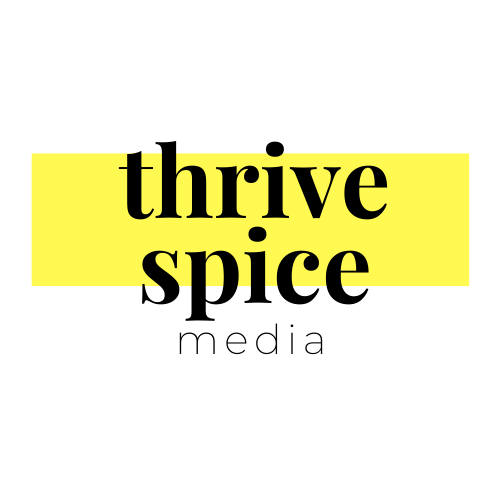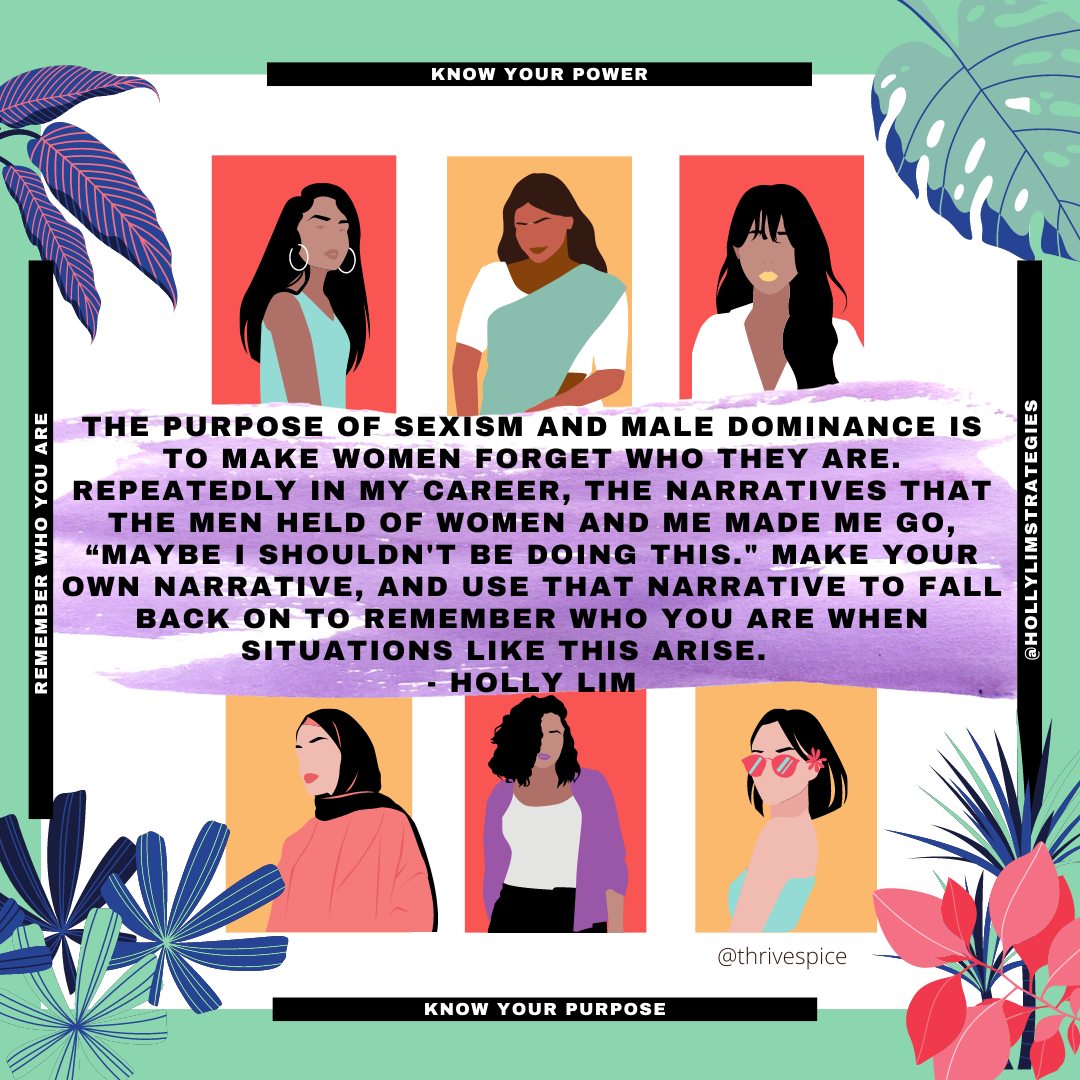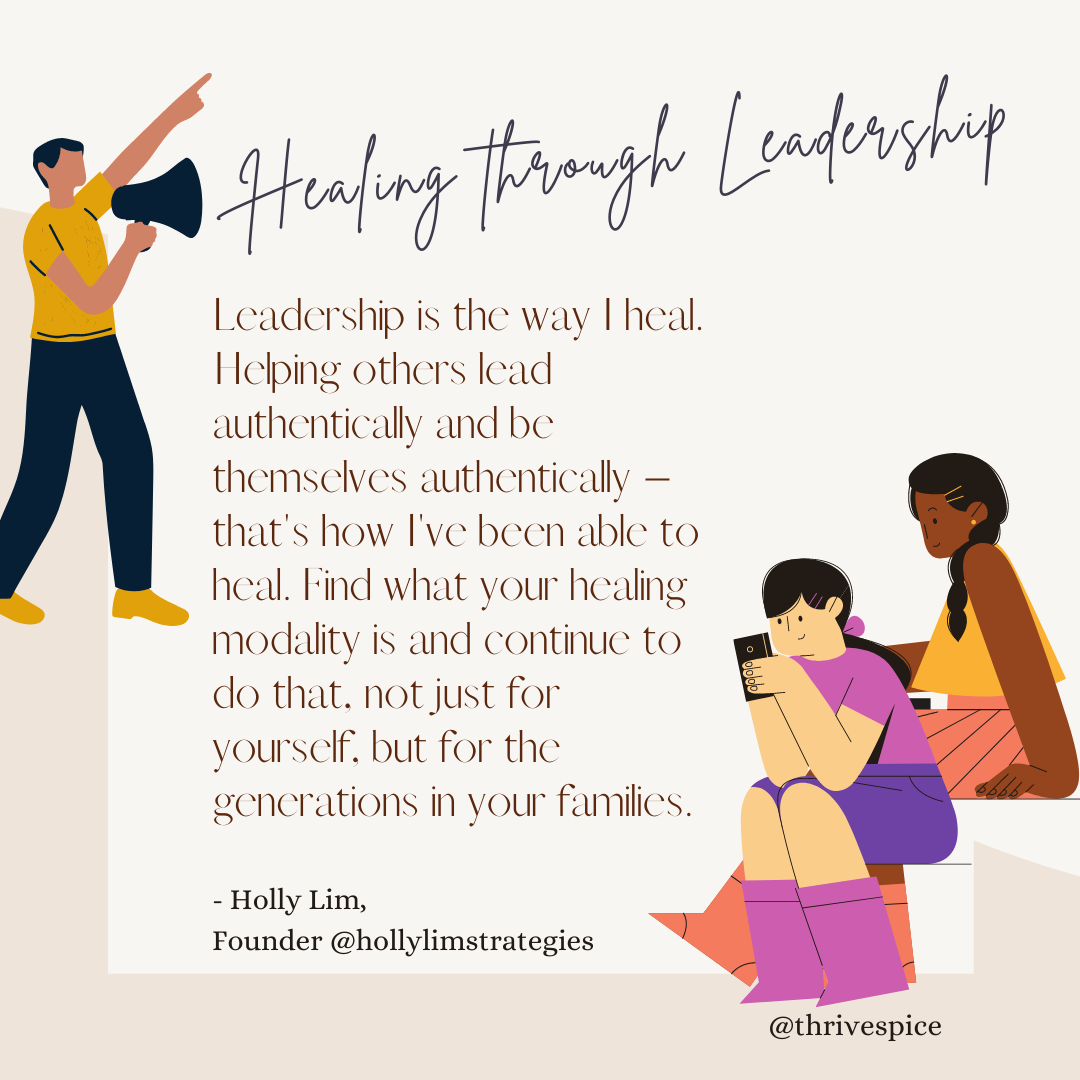Holly Raña Lim on Confronting Stereotypes, Imposter Syndrome, and Racial Identity
Season 1 Episode 4
Holly talks about her journey and ever-changing identity growing up as a Pinay immigrant, and how she found her voice as a self-described introvert to become Student Body President at UC-Riverside and the founder of Holly Lim Strategies, a campaign strategy consulting firm that helps BIPOC and young adult candidates win their first election.
She also shares what it was like to interview former First Lady Michelle Obama (!!!) about Inclusive Leadership & Diversity.
We unpack the stereotypes, sexism and imposter syndrome that can present a challenge for BIPOC and AAPI political candidates, particularly women. Holly shares how we can draw on the power of our ancestors to propel us in moments of adversity. We talk about how to take a break from social media, and why it’s so therapeutic to tap into our creative energy to nurture our own mental health.
Mental Health and Leadership Resources:
Wondering how to grow, nurture and strengthen your most authentic leadership areas in life and career? Holly is offering an exclusive discount for personalized 1 to 1 leadership coaching strategy sessions for Thrive Spice listeners. To learn more, enter the promo code THRIVE SPICE on her website contact form, available at Holly Lim Strategies.
Stop Asian Hate / AAPI Community Support:
As we close out AAPI Heritage month and Mental Health Awareness month, I know that so many of us continue to feel angry, traumatized and anxious about the increase in Anti-Asian violence, hate speech and microaggressions in our communities. I’ve been so inspired by how so many have stepped up to organize, educate, and speak up on this, including Holly, who organizes community-based solutions and fundraisers.
For AAPI Heritage month, Holly is giving to the Korean Community Center of the East Bay. One of the ways you can stop Asian hate and support elders is by supporting the most vulnerable local AAPI communities by donating to Bus For Hope.
#mentalhealthawarenessmonth #apahm #aapi #stopaapihate #stopasianhate #endracism
Learn More about the history of the Filipino manong generation:
(source: Advancing Justice LA)
"From 1900 to 1934, Filipinos began immigrating to the California Central Valley, where there was a high demand for field laborers. Filipino immigrants, known as “Pinoys,” worked in the fields of the San Joaquin Valley, Salinas, and Sacramento. Another wave of Filipino immigration occurred after the passage of the Immigration Act of 1965.
Many Filipinos found themselves isolated from the rest of American society due to anti-Filipino racial incidents, housing discrimination and language barriers. Among male Filipino farmworkers, many remained single into old age due to U.S. anti-miscegenation laws, and are referred to as “ manongs, ” a term of respect for elderly Filipino men.
Without labor unions, migrant farmworkers were not being protected under existing labor laws. Living and working conditions were harsh and exploitative, including long hours, low wages, child labor, lack of workers’ rights, etc.
If you enjoyed this episode, please consider supporting us on Ko-Fi, subscribing, and sharing our podcast episode with a friend.



